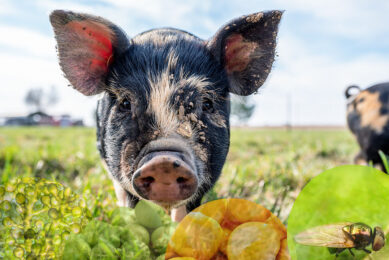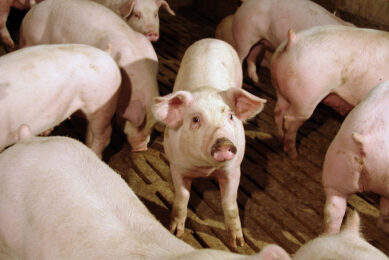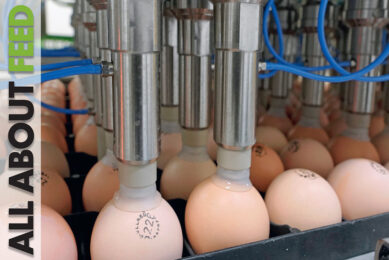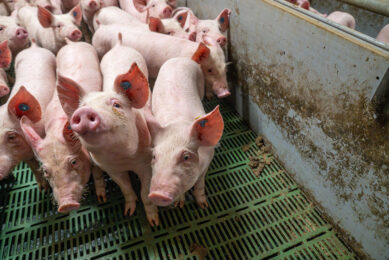IPVS: Pfizer symposium focuses on future of antibiotics
Pfizer Animal Health zoomed in on the future of antibiotics at its satellite symposium during the IPVS Congress in Vancouver, BC, Canada.
Vincent ter Beek reports from IPVS, Vancouver
The animal health company invited Prof Dr H. Scott Hurd, Iowa State University, to give his views on the science and the politics of the current debate.
Background: EU and USA
Antibiotic use for purposes of growth promoting has been forbidden in the European Union for some years now, for reasons of potentially enhancing bacterial resistance to antibiotics. Use for medicinal purposes is allowed in the EU but in several countries it is a topic of discussion.
In the USA, there are certain groups advocating a similar action as in the EU, but so far strong opposition has resounded from the country’s pig industry, claiming no convincing evidence has been found that links the use of antibiotics in livestock to increased bacterial resistance to antibiotics.
Two-step hypothesis
Hurd launched a hypothesis, in an attempt to convey the soundness of the US pig industry’s point of view. He said: “Full utilisation of antimicrobials is a veterinarian’s ethical responsibility.”
He then moved on to say that:
· there is mimimal public health risk from antibiotic use
· healthy animals make safe food
· the world will need increasing amounts of food
· antimicrobials improve efficiency of production
· the government and consumers do NOT always know what’s best for the ‘common good’
In addition, stated:
· we must fight for risk-based decision-making
· we must use the ‘systems approach’ to address risk-risk concerns
· we must keep our ‘antibiotic use’ in perfect order
Hurd said the pig industry should not feel guilty about what it is doing, repeated that ‘concern’ is something else than ‘risk’ and said the industry did not need ‘unnecessary conservatism’.
Prudent use
The next speaker, Don McDermid, Pfizer AH, Canada, zoomed in on what prudent use of antibiotics would be – minimising, choosing the right type of drug, in the appropriate dose and duration, to the right animal.
Alan B. Scheidt, Pfizer AH, USA, introduced the Individual Pig Care programme. The animal health company introduced this scheme of classifying sick pigs to help train swine producers earlier to spot disease and thus better help them get back on track.
Castration through vaccination
Last but not least, Jim Allison, director veterinary professional services and new products marketing, Pfizer AH, discussed a different topic and told the audience about the latest findings around Improvac, the company’s product to remove boar taint by the use of a vaccine instead of surgical castration.
Especially after the vaccine’s second injection, the male pig will go through a phase of adaptation, Allison said. Acknowledging this can be a great help in optimising management and nutrition.
Related links:
IPVS 2010
Pfizer Animal Health
Join 26,000+ subscribers
Subscribe to our newsletter to stay updated about all the need-to-know content in the feed sector, three times a week. Beheer
Beheer









 WP Admin
WP Admin  Bewerk bericht
Bewerk bericht